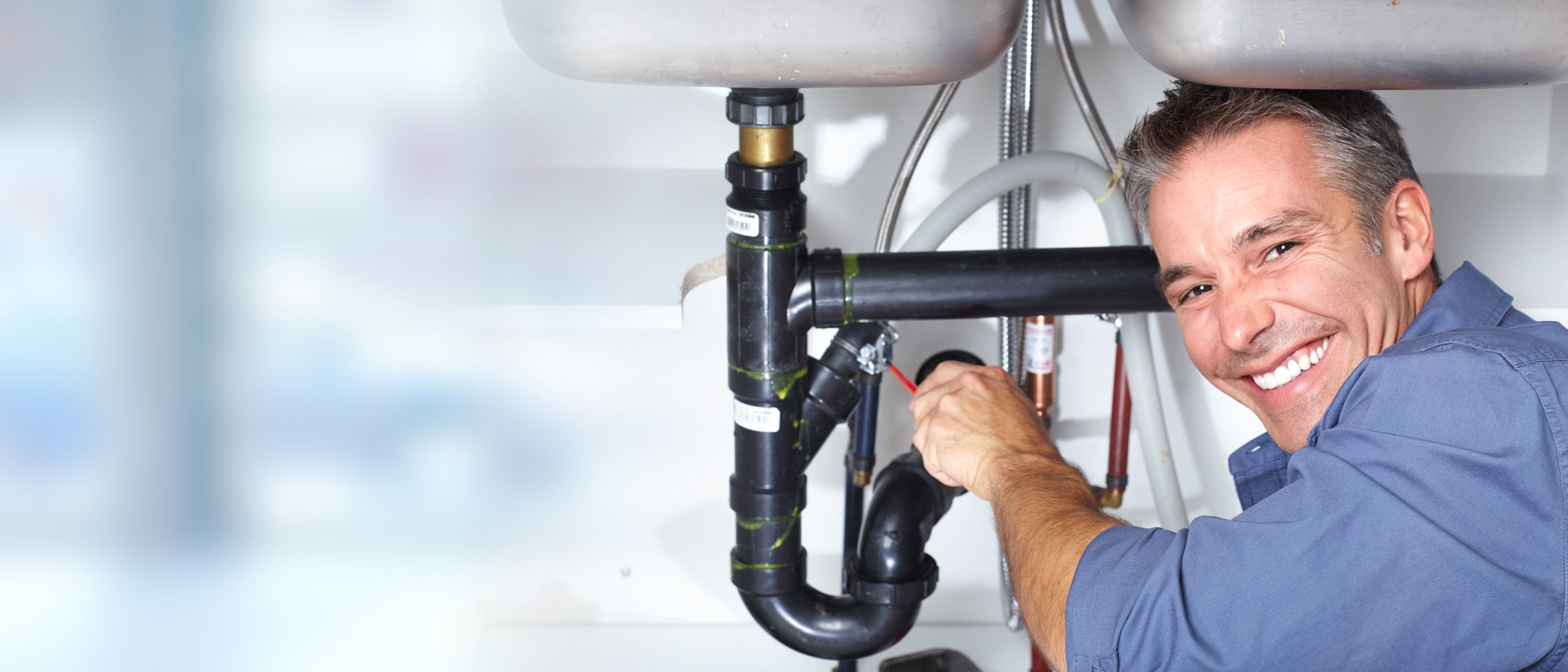Repairing And Maintaining A Water Heater Yourself
Most of the people do not give much consideration to appliances like a water heater, other than just turning on the faucet and utilizing the hot water. Most of the problems associated with the water heater are self-evident and leave you with unpleasant experiences. If the tank faucet fails to hold hot water, if there is a leakage in the water tank or if the tank emits a strange noise, then read on for the best tips to repair and maintain the water heater.
To begin with, It is often important to check the TPR (Temperature Pressure Relieve) valve of the water heater every six months. It can be tested manually by simply raising and lowering its handle. If the valve does not operate properly, the heating tank gets over pressurized and surprises the user with an explosion.
Flush The Tank - There occurs a deposition of sediments in the water tank over a period of time, which affects the energy efficiency of the heater and produces a foul smell. Drain the water heater at least once in every six months to avoid this inconvenience.
Install Another Anode - Installing another anode rod into the water heater tank can enhance the life of tank. This rod sacrifices its life by galvanic corrosion while preventing corrosion of the tank. A standby anode rod would make the maintenance process of water heater easier.
Use an expansion tank - When water reaches a temperature range of about 50-120 degree Celsius, the heating tank expands by about 2%. This results in the rise and fall of water pressure inside the tank, thereby putting an unnecessary pressure on the water heater and plumbing devices. To increase efficiency and avoid any damage to the heater, an expansion tank can be used.
Water Softeners - Hard water can increase the wear and tear expenses of the heating appliance by causing scaling. Scaling is the precipitation of the minerals present in the water on the surface of the appliance, thereby reducing its life. A water softener reduces the scaling process and therefore, the plumbing expenses.
Use Chemicals To Kill Bacteria - Smelly water in the heating appliance can make life hell for the user as well as for the heating tank. To get rid of this problem, drain the tank completely and add some fresh water with hydrogen peroxide, which eventually kills the bacteria and removes the rotten egg smell.
The basic maintenance and repairing tips mentioned above can probably be followed by most homeowners. But you should always be carefully handling any appliance, especially when it entails hot water and electricity. However, trying to fix a bigger problem with the water heating appliance can be quite a test of your plumbing skills that may even lead to surprisingly unpleasant experiences and even risk. Its better to leave such repair processes for the professionals to handle expertly.
Category: Const - Plumbing
Related Articles
- Home Plumbing Tips and Tricks
- Hiring a Plumber for Home Renovation Projects
- What To Do When Your Sink Drains Slowly
- Hiring a Qualified Plumber for your Plumbing Needs
- The Art of Choosing the Best Plumber
- How to Fix a Faucet Drip
- Plumbing Faucets
- Selecting A The Plumber That Is Right For The Job
- Common Plumbing Problems You Can Fix Yourself
Business News
Popular Posts
- 50 positive affirmations to be read every day
- Mind Balance - for those who dare to redefine their limits
- Three Sentences from a Billionaire That Changed My Life and Made Me Millions
- Mind Balance - A Comprehensive Solution for Navigating Modern Mental Health Challenges
- Buddhist Reflections - Navigating the Path of Self-Awareness and Enlightenment
- The Imperative of Unity - Why SmartGuy and Coexistence is Key to Global Survival
- Bridging Divides - Understanding Barriers to Unity and Happiness in World Religions
- How Mind Balance Can Improve the Mindsets of Employees
- Interfaith Insights by 1WorldPeace - The Top 100 Universal Beliefs in Global Spirituality
- Balancing Act - How Understanding Personalities Could Unlock World Peace
- A Tapestry of Faiths - Exploring the Common Threads in World Religions
- Fostering Harmony Among Christianity Islam Buddhism Hinduism and Judaism
- Exploring World Religions - A Colorful Journey for Kids
- Understanding Judaism - A Comprehensive Overview of Beliefs Practices and Cultural Impact
- Discovering Hinduism - A Deep Dive into Its Traditions Texts and Teachings
- Understanding Buddhism - Insights into Its Teachings Meditation and Cultural Impact
- The Christian Journey - Understanding the Foundations Traditions and Global Impact
- How Mind Balance Empowers You Against Misinformation
- Clearing Mental Plaque: The Path to Enhanced Communication and Divine Connection
- Finding Strength and Safety in Scripture - 25 New Testament Passages to Combat Spiritual Attacks
